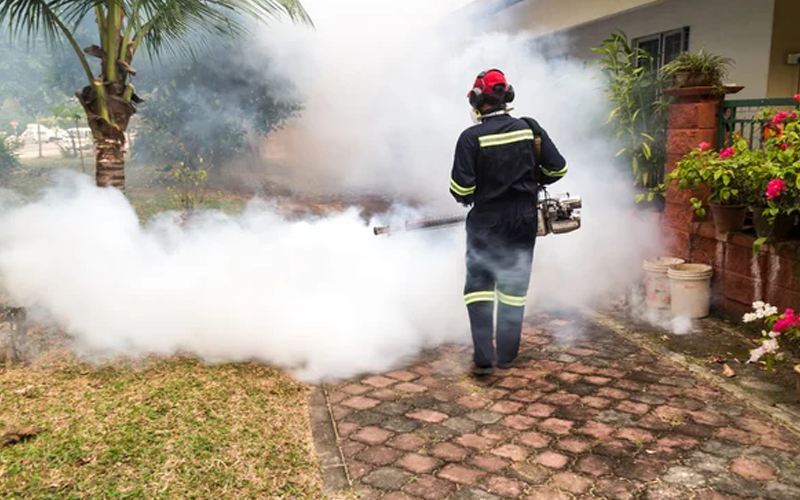
When you think of pests, mosquitoes usually make the top ten list especially if you live in a humid area or if there bodies of still water nearby. Mosquitoes are more than pests, though. Because they pierce the skin and draw blood from their victims, they carry pathogens and can infect their prey with diseases; viruses and parasites Mosquitoes are insects from the gnat family and have been around for 170 million years. After transitioning from egg to larva to pupa, they become adults and live anywhere from four to eight weeks. The transitioning phases vary in time according to the species of the mosquito and the climate.
Male mosquitoes are vegetarians and typically use their piercing mouthparts to extract nectar from plants. Females, other the other hand, feed on both nectar and blood in order to obtain the appropriate nutrients to produce eggs.
The best-case scenario when having been bitten by a mosquito is that you will suffer a small stinging sensation and a small welt. Some people are more sensitive to insect bites and the inflicted site will flare up and need a soothing salve to lessen the severity of the allergy. The reason for the inflammation around the bite is due to a protein in the mosquito’s saliva that prevents the blood from clotting (making it easier for the insect to drink your blood until she is full). It takes several days for the human body to break these proteins down and for the inflammation to disappear.
The West Nile virus has been worrying Americans since 1999, but Malaria affects even more people in third world countries. Other mosquito-related diseases include Dengue and Yellow fevers. They also carry heartworm parasites that can infect your pets.
*Note: the older the mosquito, the more likely it is to carry disease